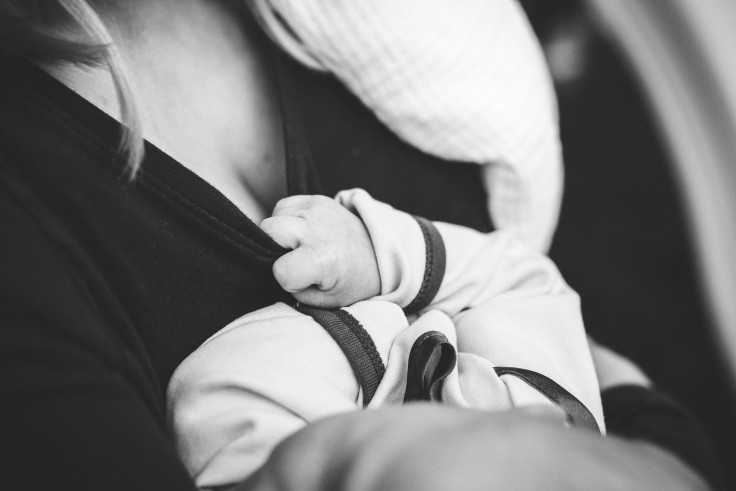5 Top Foods And Drinks Breastfeeding Mothers Can Add To Their Diets

August is breastfeeding awareness month, and this year’s theme is “Charting the Course Together” to focus on how we can use data to help reinforce connections between breastfeeding and other health topics. In recognition of this theme, we have compiled a list of five of the best foods to eat while nursing, in order to ensure optimal health for mom and baby.
Fish
According to WebMD, fatty fish, such as salmon, is a great meal to enjoy while breastfeeding because it contains a type of fat called DHA that is crucial to the development of a baby’s nervous system. Fatty fish can also help stabilize a new mother’s mood. This is especially important right after childbirth as 10 to 15 percent of women can experience postpartum depression, Postpartum Progress reported.
However, experts recommend that women eat such fish in moderation while breastfeeding because fish can have high amounts of mercury, which can reach your baby through your breastmilk. Some fish, such as tuna and swordfish, have higher amounts than others, so it’s best to avoid them.
Eggs
If you aren’t a big fish fan, you can also get DHA in DHA-fortified eggs. According to The Globe and Mail, Omega-3 eggs are produced by hens that are fed a diet containing flaxseed. When the hens digest the flax, some of the components get broken down into DHA which is then transferred to the yolk. So this means eating just egg whites likely won’t have the same effect, but we all know the yolk is the best part anyway.
Leafy Green and Beans
Though folic acid is especially important for women during pregnancy, as it can help prevent birth defects such as spina bifida, it’s also important during breastfeeding as it helps women make new cells, Breastmilk.com reported.
According to the American Pregnancy Organization, women can introduce folic acid into their diet by incorporating leafy green vegetables, such as spinach, or beans.
Milk
Though the saying “drink milk to make milk” may not be completely accurate, milk is a great source of calcium, which is something that breastfeeding mothers do need. According to the National Institutes of Health, women lose between 3 and 5 percent of their bone mass while breastfeeding, as more calcium in the body is diverted to help the growing baby. Although women will recover from this bone mass loss, adding more calcium to your diet may help ensure this.
Water
While this may seem like a no-brainer, breastfeeding mothers are actually at greater risk for dehydration than the average woman, WebMD reported. Milk production can further dehydrate you, and not drinking enough water can cause women to not produce enough milk. While women don’t have to strictly drink water, as juice and milk are also good hydrators, experts recommend breastfeeding mothers go easy on caffeinated drinks as this can affect baby’s sleep.
Published by Medicaldaily.com



























